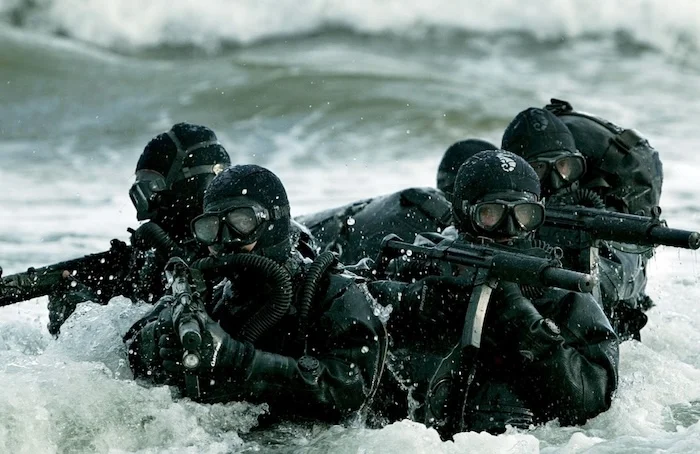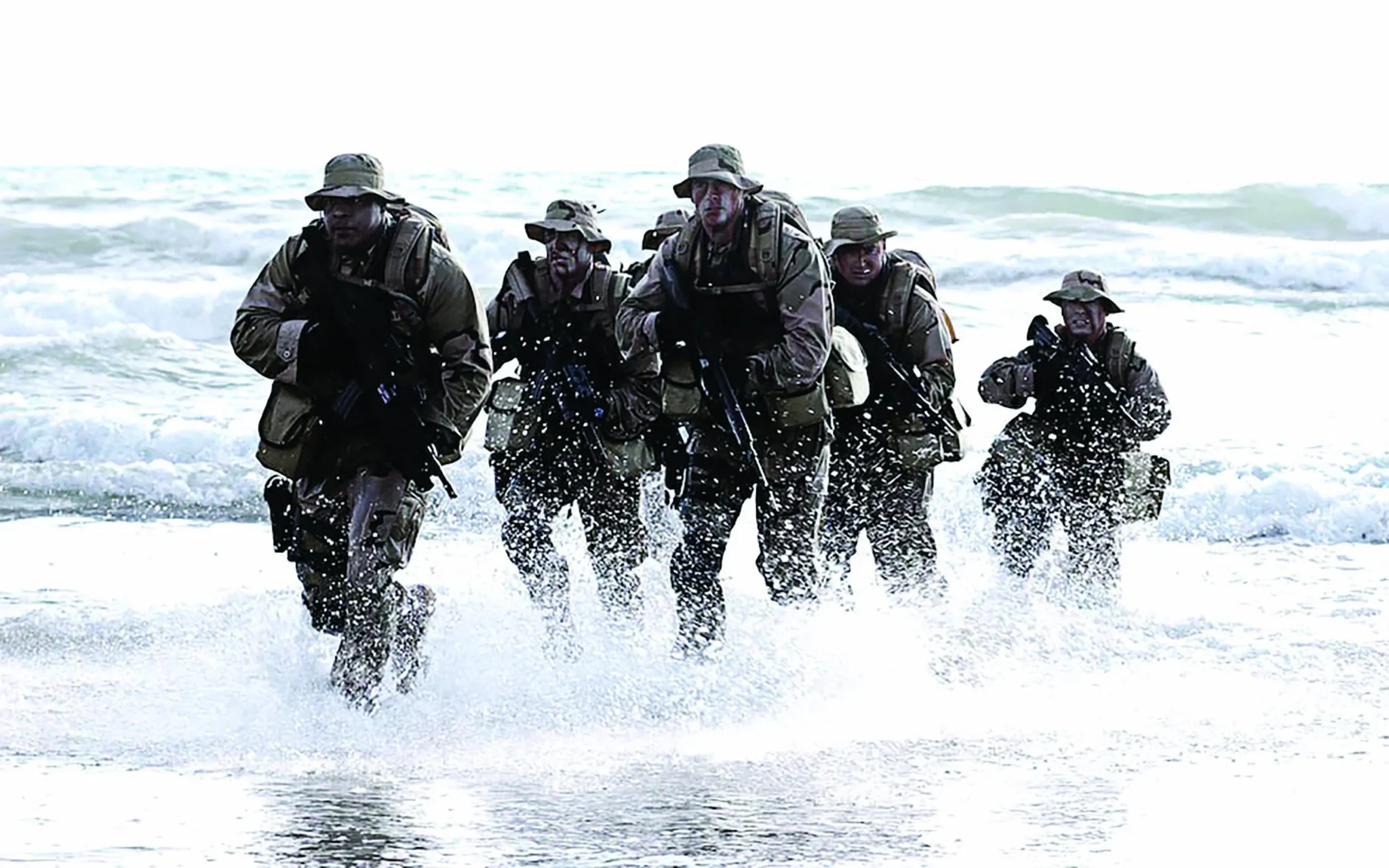Navy SEALs are known for their unmatched toughness and relentless training regimens, pushing their physical and mental boundaries to the extreme. Among the many challenges they face, one of the most grueling is extreme sleep deprivation. This aspect of their training is designed to prepare them for real-world scenarios where sleep might not be an option. Here’s a closer look at how they handle such intense conditions.
Table of Contents

Also Read: Tom Cruise Takes Flight in Grumman F-14 Tomcat
Pushing the Limits: Five Days Without Sleep
During their intense training, Navy SEALs are sometimes required to stay awake for up to five days straight. This extreme challenge is not just about physical endurance; it’s a mental battle as well. The ability to function without sleep for such extended periods is part of their preparation for the unpredictable demands of combat and critical missions. The experience pushes them beyond the brink, forcing their bodies and minds to adapt to an environment where sleep is a luxury they cannot afford.
Surviving Hallucinations and Entering Survival Mode
As the hours without sleep stretch into days, the body begins to react in alarming ways. Around the 72-hour mark, hallucinations often start to occur. Former Navy SEAL Stew Smith shares harrowing experiences of mistaking an airplane for a flying horse, seeing a bridge morph into a giant Pez dispenser, and even confusing a fire hydrant for a squat, muscular bodybuilder. These vivid hallucinations are a testament to the brain’s desperate need for rest.
To survive these extreme conditions, SEALs rely on a few key strategies. They keep themselves in constant motion, deliberately stay uncomfortable, and break the ordeal into manageable six-hour chunks—counting down to the next meal or task. Their survival instincts kick in, with the fight-or-flight response taking over, pushing them to continue despite their exhaustion. This ability to enter a survival mode is what helps them get through the nearly unimaginable challenge of prolonged wakefulness.
Real-Life Applications: When Sleep Deprivation Is Necessary
While such extreme sleep deprivation is a rare occurrence in their daily lives, Navy SEALs are trained for the possibility of having to stay awake for extended periods during combat or critical missions. In these high-stakes situations, their training pays off, allowing them to maintain focus and performance despite the overwhelming fatigue. The ability to operate under such conditions can be the difference between life and death in the field, making this training an essential component of their preparation.
The Cost of Sleep Deprivation: The Importance of Rest
Despite their ability to endure extreme sleep deprivation, Navy SEALs understand the critical importance of sleep. Dr. Kirk Parsley, a former SEAL turned sleep health specialist, emphasizes that chronic sleep deprivation can lead to a host of serious health issues. Anxiety, emotional instability, poor appetite management, and impaired physical performance are just a few of the consequences of not getting enough rest.
SEALs like Parsley, who have experienced the toll that lack of sleep can take, now prioritize sleep as an essential part of maintaining both mental and physical well-being. They recognize that while their training teaches them to survive without sleep, it’s not a sustainable way to live. Quality sleep is crucial for recovery, cognitive function, and overall health, even for the toughest warriors.




